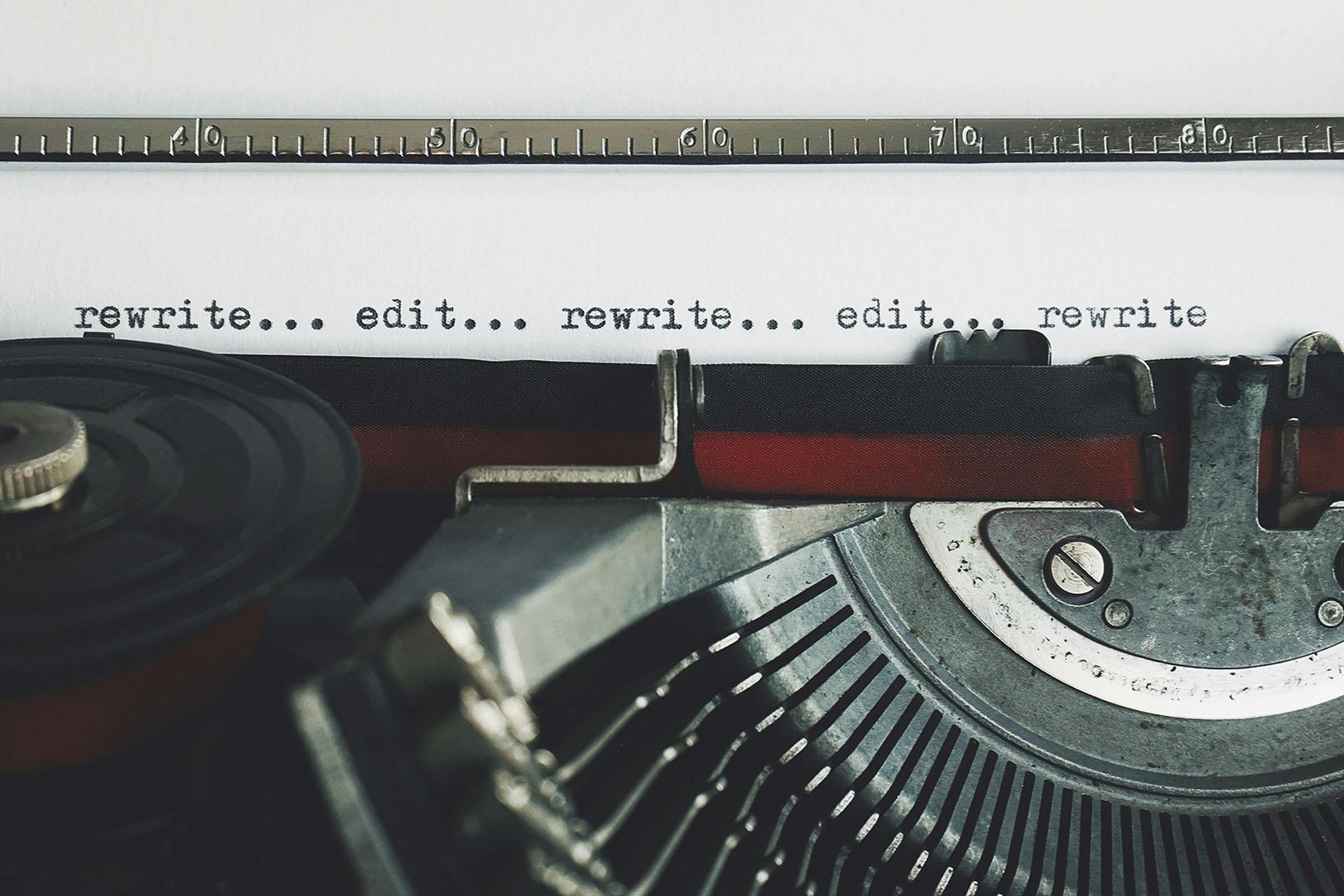In the world of literary writing, whether you’re crafting a novel, penning a critique, or working on a memoir, a literary editor can be an invaluable ally. Many writers, especially those new to the craft, might wonder why they should invest in an editor. After all, isn’t self-editing enough? While it’s possible to make substantial improvements on your own, a literary editor offers a level of expertise and perspective that can elevate your work to new heights.
An editor can help enhance clarity and coherence, fix grammatical errors, and ensure consistency in tone and content. Editors also improve the structure and organization of your manuscript, provide valuable feedback, and ensure your work meets industry standards for publication. An editor’s objective evaluation and expertise can significantly refine your writing, making it more polished and market-ready.
How to Find the Perfect Literary Editor for Your Manuscript
To find a literary editor, consider exploring online marketplaces like Reedsy, Upwork, and Fiverr, where you can compare various freelance editors. Additionally, literary agents and publishers can provide recommendations, as can writing communities such as the Hudson Valley Writers Guild and local writing groups. Social media platforms like LinkedIn are useful for discovering editor profiles and reviews. Seeking personal referrals from fellow writers can also be a valuable way to find a trusted editor.
While online marketplaces and social media are rich avenues to explore, I highly recommend starting your search for experienced editors by browsing the directories of professional organizations like the ones listed below. These professional organizations offer directories where you can find freelancers with the right combination of experience, knowledge, and skills for your project. There is no charge to use these directories, and once you identify a freelancer of interest you can contact them directly
through the information they provide.
Another great thing about these professional organizations is that they offer a variety of freelance editorial professionals including beta readers, developmental editors, line editors, copyeditors, proofreaders, indexers, researchers, translators, ghostwriters, sensitivity readers, and other editorial specialists. In addition, their job boards allow you an efficient and free way to promote your job opportunity to both in-house and freelance editors.
Professional Organizations – Directories and Job Boards
Editorial Freelancers Association (EFA) has a robust member directory and job list that can put you in touch with more than 3,000 editorial professionals with a broad array of skills and training.
The American Copy Editors Society (ACES) hosts a job board connecting those in need of publishing services with experienced communication professionals. You can also search their editors for hire directory.
Northwest Editors Guild connects you with professional editors of the written word in the Pacific Northwest and beyond. You can connect with editors in their region via their member directory and job board.
Editors Canada allows you to post a job vacancy on their job board. Editors Canada members from coast to coast will be able to access your post. You can also search their online directory of editors where you’ll find detailed descriptions of specialties from over 400 editors across Canada.
Bonus tip: Before reaching out to an editor, answer the following questions adapted from the book An Editor’s Guide to Working with Authors by Barbara Sjoholm. Why? Because most editors will want to know these details upon contact to evaluate if they are the appropriate editor for your project.
- What kind of editing are you looking for? Developmental editing? Line editing? Copyediting?
- How long is your manuscript? Number of pages, word count?
- Is this a first draft—second, third?
- How long have you been working on your manuscript?
- How complete do you feel your manuscript is?
- What genre is your manuscript?
- Have you worked with an editor before?
- What is your timeline?
- What are your biggest concerns with your manuscript?
- What do you think are the strengths of your manuscript?
- Do you see weaknesses in your manuscript? Where?
- How much more work are you prepared to do on the manuscript?
Happy hunting.





